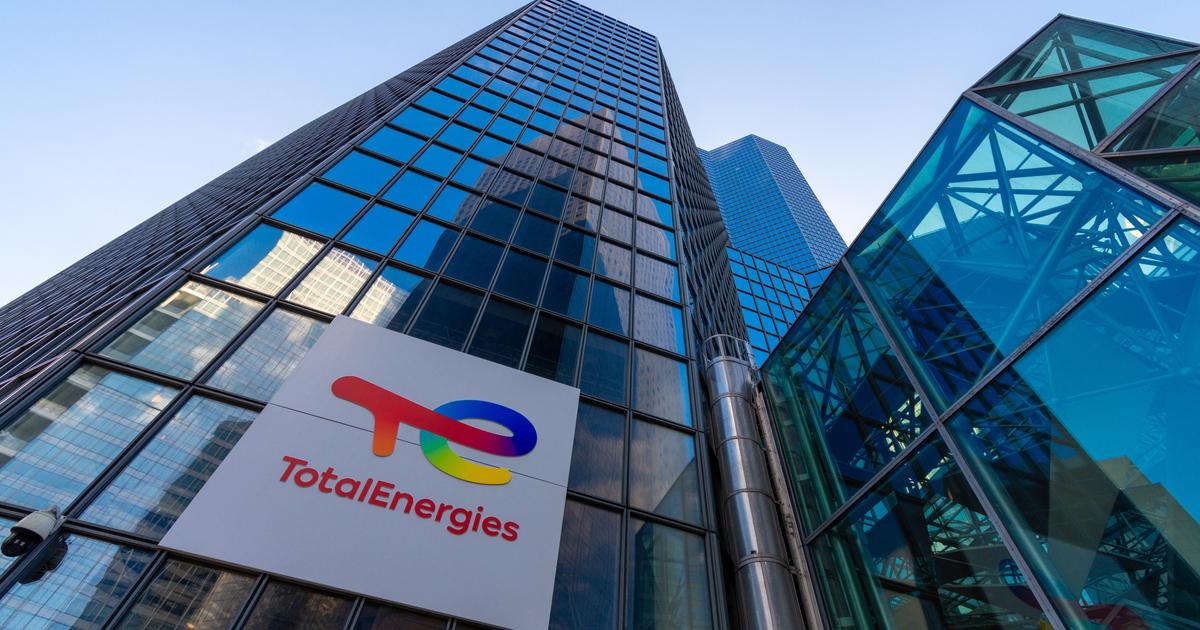Corentin Jousserand is a graduate of HEC and Sciences Po. He is an associated researcher at the Responsible Ecology think tank, committed to the right on environmental protection issues, and currently works at the Ministry of the Economy.
To discover
PODCAST - Listen to the club Le Club Le Figaro Idées with Eugénie Bastié
France, the seventh largest economic power in the world, contributes only 0.9% of global greenhouse gas (GHG) emissions.
Good news ?
In reality, this apparent environmental success is mainly the result of our industrial failure.
French air pollution was reduced by 20% between 1990 and 2019 thanks to ambitious environmental policies?
No.
Thanks instead to deindustrialization.
Factories consume resources, especially energy.
They pollute.
Mechanically, each time a factory closes, the quantity of greenhouse gases emitted on national soil decreases.
Since 1990, deindustrialization has led to a 46% drop in GHG emissions in the manufacturing sector, explaining alone 62% of the total reduction in French emissions.
These figures therefore completely obscure the reality of the “carbon impact”, which does not only take into account production, but also consumption.
Looking more closely, the carbon impact of the French has decreased very little over the past 30 years (– 7%).
Indeed, if the French no longer produce, they still consume as much.
Worse, they often import their products from the other side of the world.
A symptom of our industrial downgrading, the drop in carbon emissions since 1990 is only an illusion.
CO2 emissions have not disappeared, they have simply followed the factories.
In short, the French still pollute as much, but elsewhere.
Also read: How Norway plans to become Europe's CO2 graveyard
Our industrial decline was deliberate and organized.
In the 1990s, industry was no longer popular, the fashion was for the tertiary sector, IT and tourism.
Deindustrialization is established as a dogma by French economists, senior civil servants, and businessmen.
France wants “factoryless companies”, as Serge Tchuruk, former boss of Alcatel, theorized.
White-collar workers replace blue-collar workers through relocations, so that in 2024, there will only be five million workers left in France (compared to 8.2 million in 1975).
A mass extinction that environmentalists have never deplored.
Asphyxiated by their ideology, environmentalists only have eyes for the harmful emissions of industry.
They shape increasingly rigid environmental standards and continually increase deadlines for building factories.
On average, the time to obtain authorization to build a factory is 17 months in France, while it is theoretically 8 months in Germany, or even 4 months in practice.
French industry is a major asset in the fight against climate change.
It has essential weapons, like the TGV or nuclear reactors, which it must make available to the rest of the world.
Corentin Jousserand
In reality, they are playing against their side.
Reindustrialization is an absolute necessity, for our economy and our national sovereignty, but also to effectively fight climate change.
Today, 51% of a French person's carbon impact is due to imports.
Understand that France could achieve “carbon neutrality” by greening or eliminating its factories, but its real impact would not even decrease by half.
On the contrary – since it would undoubtedly be necessary to obtain bulk supplies elsewhere.
Running our factories is eco-friendly!
That means fewer traces of kerosene in the sky and fewer container ships crossing the oceans.
Maritime and air transport emit 3.4% of global annual GHG emissions, according to Carbone4 and the NGO Transport & Environment.
Emissions which will rise to nearly 18% by 2050 if the sector does not begin a transition.
Above all, French industrial facilities, due to its modernity and carbon-free nuclear electricity, are among the least emitting in the world.
For comparison, the carbon footprint of the electricity production of the electricity mix in Germany (362 g CO2eq/kWh) is almost 9 times greater than that of France (42 g CO2/kWh).
Without even counting transport, producing a ton of French “electric” steel therefore pollutes nine times less than a ton of German steel, and twelve times less than Chinese steel.
French industry is a major asset in the fight against climate change.
It has essential weapons, like the TGV or nuclear reactors, which it must make available to the rest of the world.
However, industrial projects are still abandoned because of opposition from environmentalists.
In 2023, demonstrations by environmental activists defeated the Bridor factory project in Liffré in Brittany, which was expected to create 500 jobs.
These activists go so far as to destroy agricultural and industrial production sites, as last June, when Les Uprisings of the Earth ransacked experimental greenhouses near Nantes, or in December 2022, when a raid was carried out against the cement factory Lafarge of Bouc-Bel-Air.
How much longer will deindustrialization be defended in the name of carbon neutrality?

